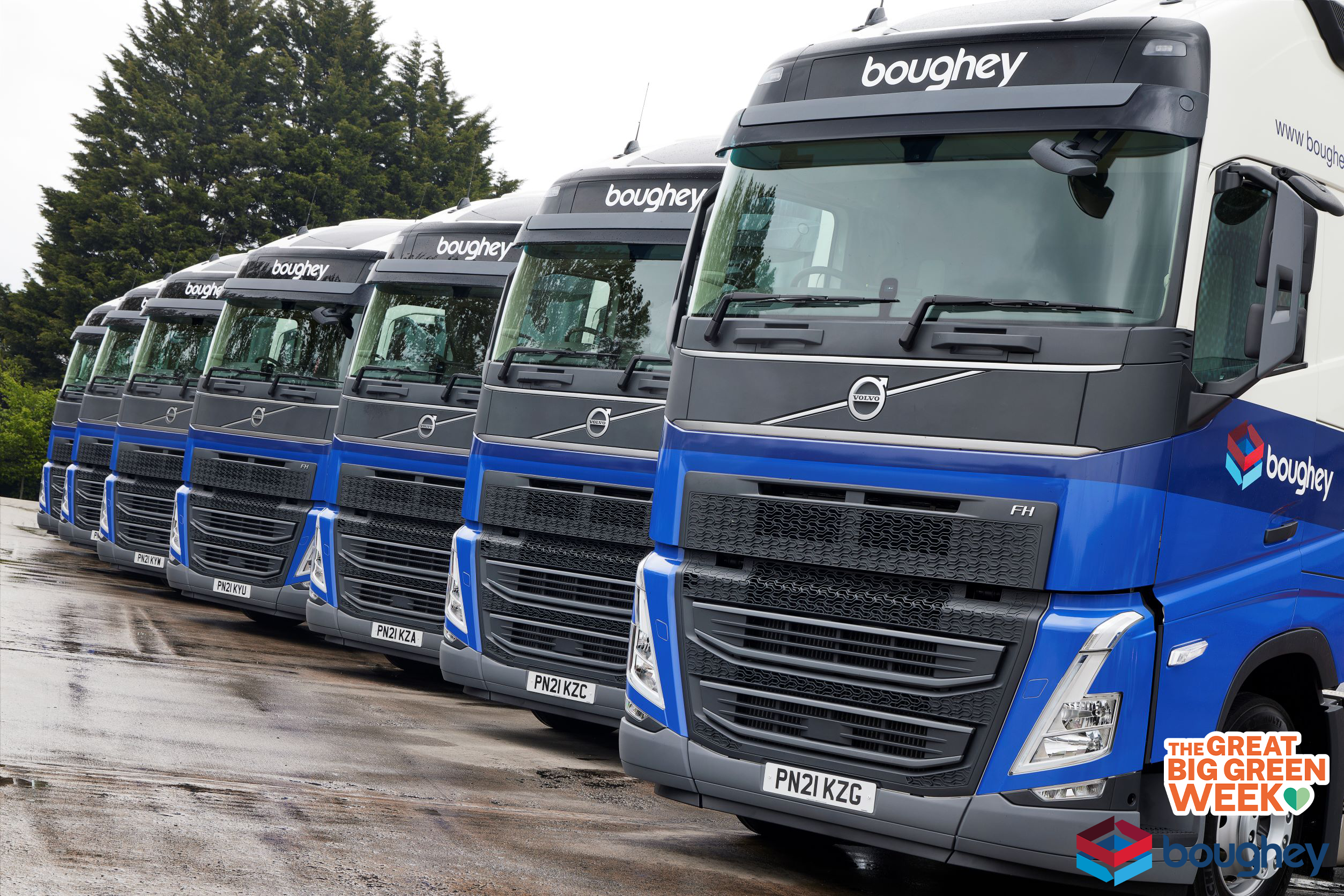The company has been playing its part in The Great Big Green Week, a nationwide initiative to focus on climate change and the protection of nature.
As part of the campaign, we have been showcasing all the positive things we currently implement to protect the environment. In a time where global warming has created an enormous challenge, our team here keep finding new ways to move the company into a greener place but also to learn from other successful companies to ensure we protect our planet.
ESG Manager Sarah Hall said, ‘We strive for continual improvement when it comes to our environmental performance, and by reducing carbon emissions and waste across our business to promote a healthier environment.’
‘We are challenging ourselves to think differently, and by driving efficiencies across our operations, we hope to minimise the amount of waste and plastic we produce, use resources more responsibly and ultimately protect the environment.’
On the first day of The Great Big Green Week, we shared four ways that we help the environment. The list included:
- 100% of cardboard and plastic waste is recycled
- We have distributed more than 107 tonnes of food to Fareshare in the last 12 months
- We are continuously investing in the most up-to-date clean fleet
- 100% of oil waste is recycled
On day two we announced that all shunt trucks on site are run on HVO100 which is a renewable and sustainable fuel source. Shunt trucks move trailers around our sites and are used 24/7 so an alternative from diesel was imperative. HVO100 is made from 100% renewable items and is free from any fossil fuels so has no negative impacts on the environment. Using HVO100 reduces the amount of GHG (Greenhouse gas) emitted reducing our corporate carbon footprint.
Moving through to Wednesday, we announced an upcoming trial of an electric truck that is estimated to take place at the end of 2022. Using electric as a fuel source is relatively new within the industry and needs careful consideration and testing during this trial. Below are the possible positive impacts of an electric fleet for both the company and the environment:
- Electric vehicles promise zero emissions, helping to increase local air quality and finding a solution in the challenges of global warming.
- As a company it would see the amount of GHG (Green House Gas) emissions we produce significantly decrease.
- It also means we can make deliveries in Zero Emission Zones and can move through cities at night
- Electric vehicles also have fewer moving parts, which means less maintenance and less downtime providing higher levels of efficiency for both our business and our customers
On day four we expanded on our plans to achieve ‘Net Zero’ by 2030. Setting a net zero target is an important overarching objective for the company to address the threat of climate change. As a business we are being proactive in changes we are implementing on our path to net zero. Sarah Hall said, ‘Achieving net zero for me means we leave a cleaner, greener, and fairer future for generations to come.’
‘We recognise our responsibility to cut carbon emissions, we achieve this in many ways including in investing in clean fleet and energy efficient initiatives. Our approach to maximise fleet capacity to ensure no empty running miles provides the best environmental solution.’
On the final day of The Great Big Green Week, we shared details of our reduced LPG consumption by switching to Lithium batteries for our forklift trucks. Switching to Li-Lon battery powered forklifts ensure the forklifts are energy efficient but more importantly they are much saver for the team to use as the batteries are completely sealed and leak proof.
